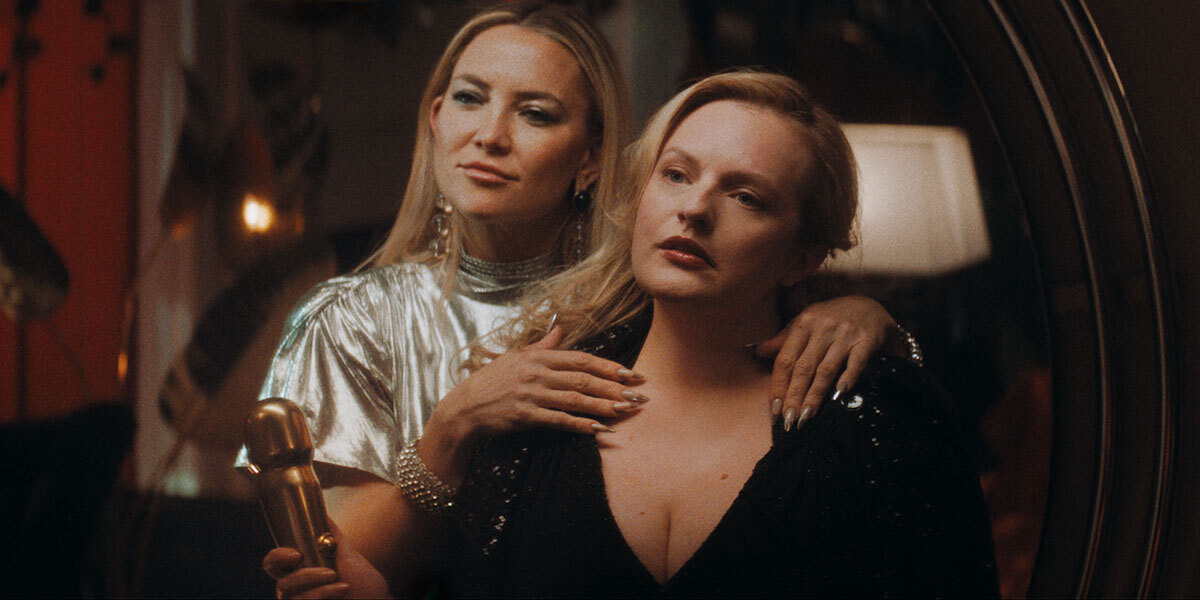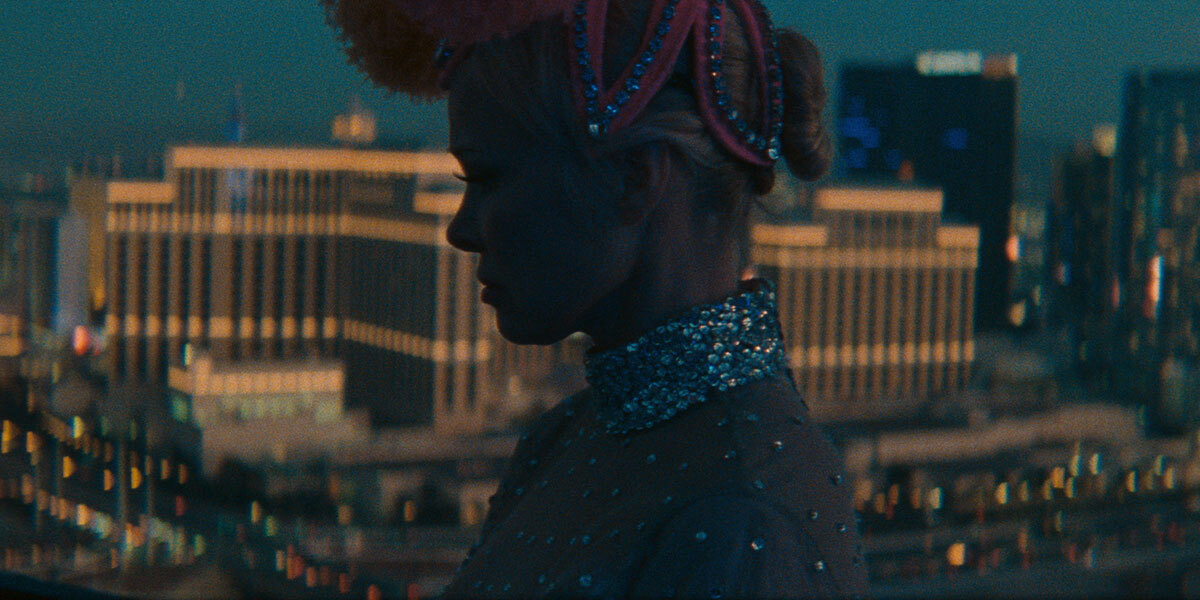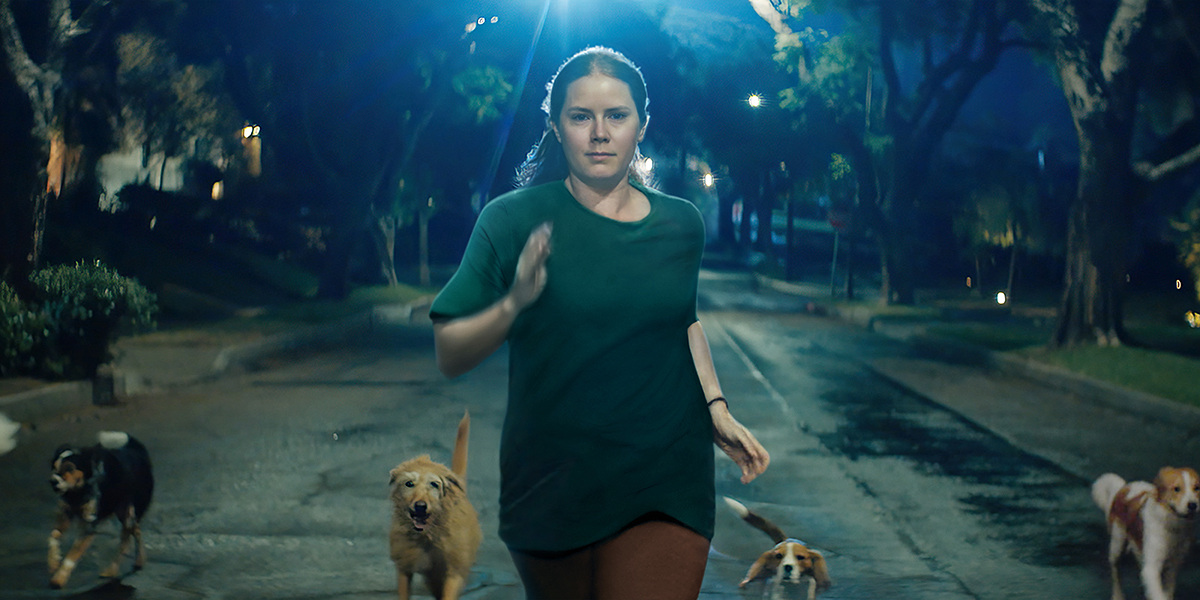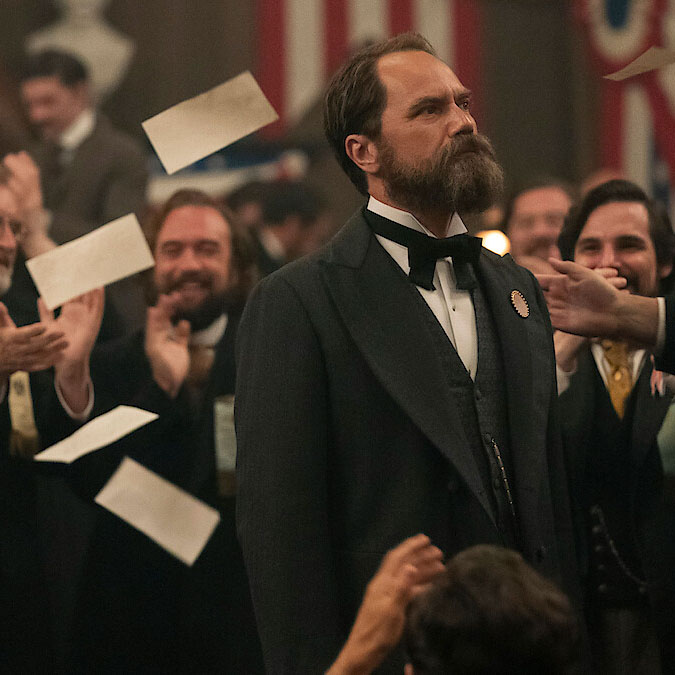
Middle age is having a moment. Take, for example, the rise of steamy cinematic May-December romances, or the frenzy whipped up by Miranda July’s perimenopausal novel All Fours. This year’s 49th annual Toronto Film Festival carries this burgeoning appetite for cross-generational chemistry forward. Through a number of films following women characters as they navigate the matrix of opportunities and losses that accompany the post-menopausal chapter, a new microgenre is emerging that challenges traditional narratives of aging. Starring iconic actors who have had trouble eras as objectified starlets, these films reflect a deeper cultural shift around narratives of aging and standards of feminine beauty.

Take for instance, Coralie Fargeat’s body horror flick The Substance, which was the toast of Cannes and opens the Midnight Madness selection in Toronto. Demi Moore plays an aging actress and fitness star who takes drastic measures when she’s dropped by her most alluring producer (a magnificently schmucky Dennis Quaid). Dejected, she turns to a new gene-altering drug, generating a younger version of herself (Margaret Qualley). The film’s seedy thrill makes it prime for a double-header with Max Minghella’s Shell, another high-profile film about an aging actress (Elizabeth Moss). Struggling to retain her youth and status, she starts a cutting-edge miracle treatment promoted by a 70-something-year-old wellness guru played by an unaged Kate Hudson.
Of course, tampering with the laws of nature is never without its consequences, and Shell and The Substance culminate in pulpy spectacle. While The Substance—sleek, lurid, contained—presents a ruthless takedown of society’s ever-rising standards, Shell—more naturalistic and airy— functions as a cautionary tale and lighter satire. Both films are devilish pleasures, but only The Substance, with its bombastic violence and damning final scene, lingers in the mind. Indeed, Minghella makes no false promises about his sophomore effort. A fantastically vivid entertainment, it’ll stick with you only until the next skin cycle.

Fading youth also figures into Gia Coppola’s new film The Last Showgirl, which amplifies its meta-elements to deepen its emotional impact. Female beauty is presented as a thorny thing—both asset and liability, complicating a woman’s life in unexpected ways. The film chronicles the final days of the Razzle Dazzle, a last-of-its-kind nudie show (think feather boas, rhinestone headdresses) on the Vegas strip. With a sea of ultra-femme baubles floating in a palette of cotton-candy pinks and blues, Coppola evokes her aunt Sofia’s signature languor—but with a focus on life on the margins, rather than the travails of ennui-ridden privilege.
Pamela Anderson plays Shelley—a veteran dancer hoping to reconnect with her estranged daughter who remains dedicated to the show beyond all reason. As the film unfolds, the motivation for her dedication becomes clear. Oblivious to the depreciative effects of middle age on her social status, Shelley was sold a dream predicated on her youth and beauty and can’t bear to acknowledge its end. In a climactic moment, she screams at a dismissive casting producer that she’s beautiful—and isn’t she?
The resurgence of actors like Anderson in the public eye indicates a critical reexamination underway in Hollywood. Anderson recently made a comeback as the subject of a moving documentary and the new face of natural beauty; here, she imbues Shelly with a wounded sweetness that is all the more affecting when we remember the origins of her own celebrity. The Baywatch star's outsize sex symbol status overshadowed any recognition of her talent from a young age. Rising to fame in her early 20s as a Playboy model, Anderson was frequently reduced to tabloid fodder; her infamous sex tape with Tommy Lee, released without her consent, cemented her objectification. To hammer the point home, a bit of self-conscious casting sees Kiernan Shipka, Brenda Song, and an epically spray-tanned Jamie Lee Curtis—all veterans of the business who began their careers as adolescents—play Shelley’s fellow dancers and friends.

Like The Last Showgirl, Nightbitch is a film of creased lines and battered dreams. Marielle Heller’s adaptation of Rachel Yoder’s novel about an overburdened mother (Amy Adams) who thinks she’s turning into a dog is by turns hilarious and tender, even while veering toward predictability. Heller minimizes the messiness of the woman-to-canine metamorphosis but her characters’ inner monologues are refreshingly tongue-in-cheek and avoid becoming trite. While Nightbitch may not present the most incisive critique—despite its blunt premise, the role played by patriarchy in the narrative is barely examined—the scarcity of films tackling topics like female rage and ambivalence about motherhood is sure to enhance its resonance.
Ultimately these films reflect a deeper cultural shift toward inclusivity—while proving that it is possible to entertain while provoking essential conversations. Sometimes—at least in art—you can have it all.










 in your life?
in your life?

